

Anthony Crawford
1990 Lamborghini Countach review
5 Days Ago
Better late than never! The Albanese Government wants to play catch up to the US by introducing vehicle efficiency standards by the end of 2024.

News Editor
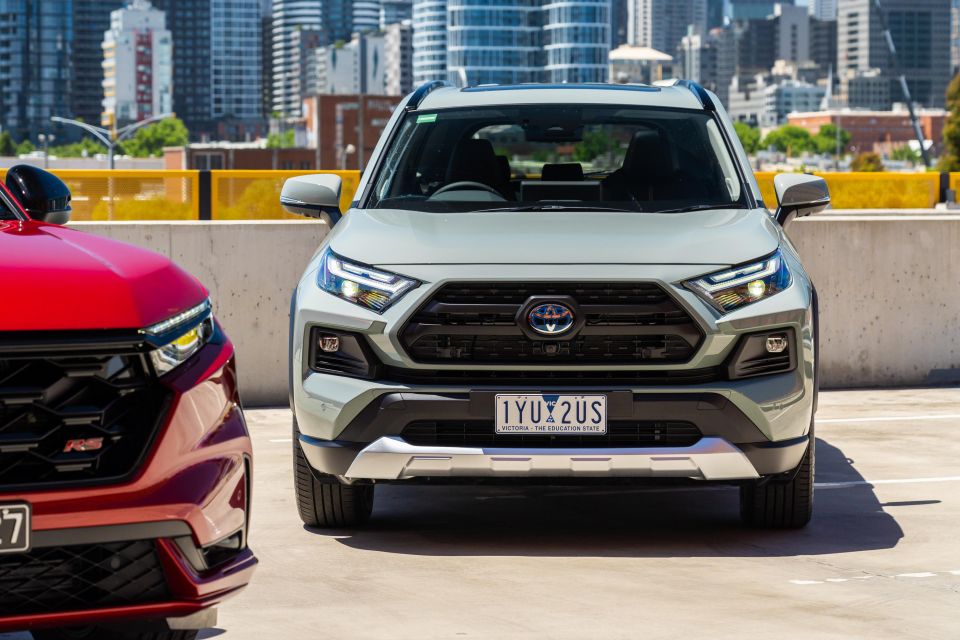

News Editor
Australia is finally getting efficiency standards for new cars.
The Albanese Government has announced its New Vehicle Efficiency Standard (NVES), and will consult with stakeholders on its preferred model until March 4, 2024 before introducing legislation “as soon as possible”.
It aims for the new rules, which will affect new passenger and light commercial vehicles, to come into effect by January 1, 2025.
Car companies will be given targets for average CO2 emissions per kilometre across their vehicle fleets. Over time this CO2 target will move, forcing companies to provide vehicles with lower or zero emissions to meet stricter targets.
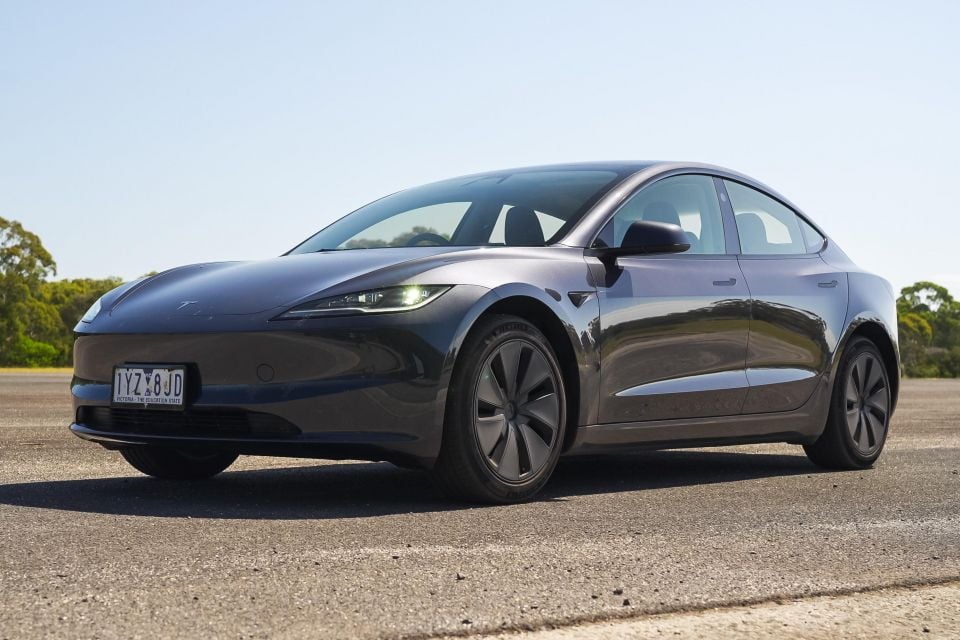
As with the US’ Corporate Average Fuel Economy (CAFE) standard, which has been in effect since 1978, companies can still sell vehicles with heavier fuel consumption. However, they’ll need to offset these vehicles with more fuel-efficient models.
If companies meet or beat their CO2 target, they’ll receive credits. If they miss it, they can either trade credits with a different supplier, make it up over the following two years, or pay a penalty.
The government says if Australia catches up with the standard in the United States by around 2028, Australians will stand to save around $1000 per vehicle per year in fuel costs, with the average new vehicle purchaser in 2028 claimed to be looking at a saving of $5710 over five years.
Moreover, it says the standard will push carmakers to offer Australians with more choices. It claims new passenger cars in Australia on average use 20 per cent more fuel than in the US.
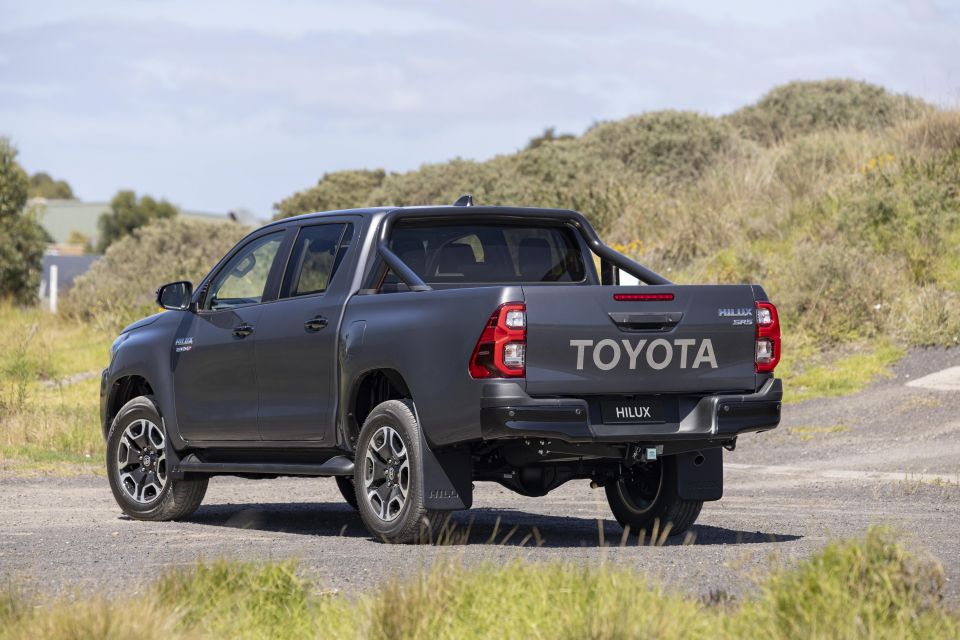
It says there’s “no evidence” to suggest the NVES will increase vehicle prices, pointing to the US and Canada as proof, and specifically called out vehicles like the Toyota HiLux, LandCruiser and Tundra and Ford Ranger as examples of vehicles sold in markets with efficiency standards.
In short, it promises big pickup trucks and the like aren’t being “banned”, again pointing to the US as proof.
The Government says its preferred option will see a reduction in CO2 emissions of 369 million tonnes by 2050, equivalent to the last six years’ worth of total light vehicle emissions in Australia.
It expects 100 million tonnes of CO2 abatement to occur by 2035. Moreover, it expects its standard to save $108 billion in fuel and in excess of $5 billion in health costs due to the reduction in air pollution.
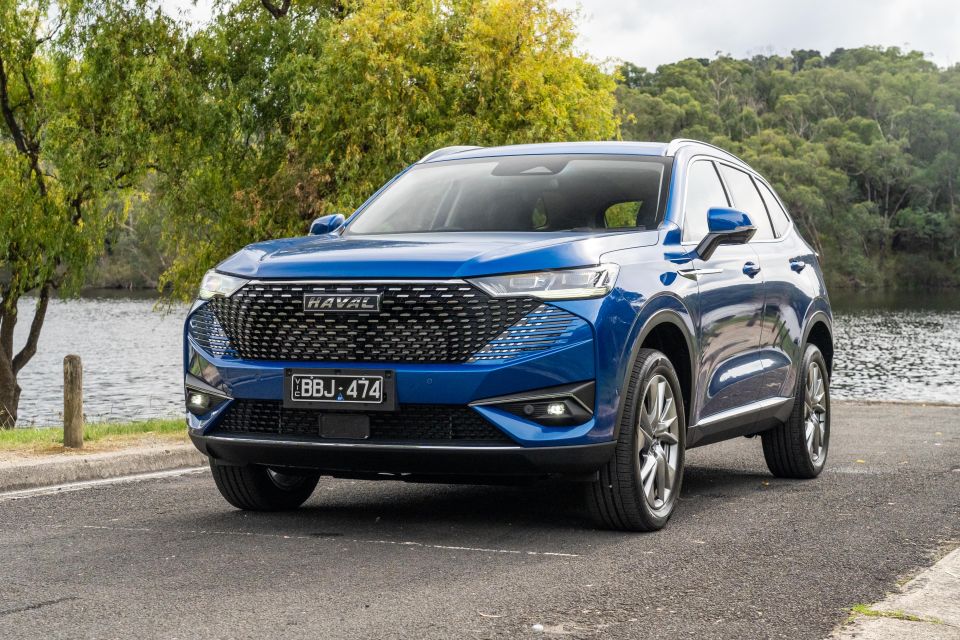
“Because of a lack of action on an Efficiency Standard, Australian families are paying around $1000 a year more than they need to be for their annual fuel bill – the Albanese Government is delivering long-term cost-of-living relief to fix that for new vehicles and put money back in people’s pockets,” said Minister for Climate Change and Energy Chris Bowen.
“We’re giving Australians more choice to spend less on petrol, by catching up with the U.S – this will save Australian motorists $100bn in fuel costs to 2050.”
“This is about ensuring Australian families and businesses can choose the latest and most efficient cars and utes, whether they’re petrol and diesel engines, or hybrid, or electric.”
The government says it received around 2700 submissions in April and May 2023 after it released its consultation paper – 95 per cent of which were from individuals.
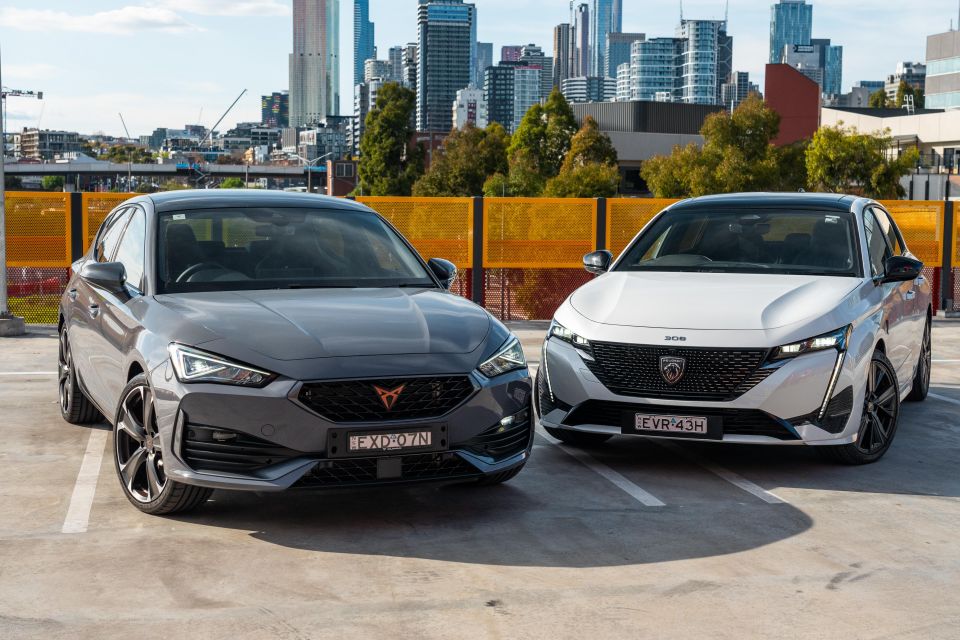
It said submissions overwhelmingly supported the introduction of a standard.
The Climate Council said it welcomes the Federal Government’s announcement of a “simple and transparent standard for new cars which will get Australia on track with countries like us to clean up our fleet of light vehicles”.
“Today’s important announcement gets us off the starter’s grid and on the road to cheaper, cleaner transport,” said Climate Council CEO Amanda McKenzie.
“Many Australians are doing it tough right now, with petrol one of the expenses causing the most financial stress for households. At the same time, pollution from inefficient petrol-guzzling cars is fuelling harmful climate change.
“By giving Australians better choice of cleaner, cheaper-to-run cars, a strong fuel efficiency standard will cut household costs and clean up our air.”
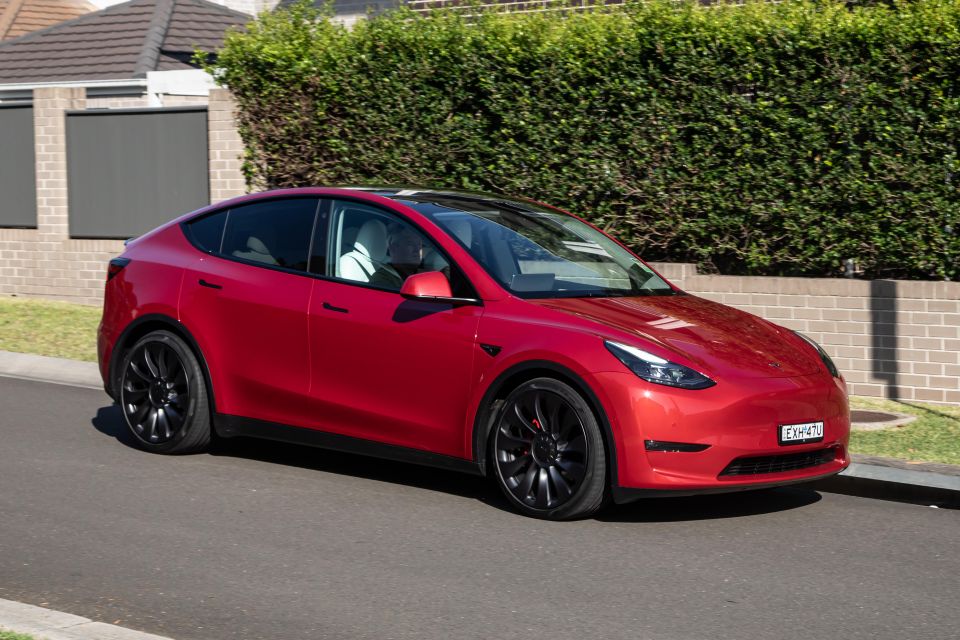
“Australia has always been at the back of the queue when it comes to the best and cheapest electric vehicles, because car makers have been incentivised to offer them elsewhere first,” said Electric Vehicle Council chief executive Behyad Jafari.
“That should end now with this policy, and Australian car buyers should notice the change very quickly.
“Within a few short years it will mean the average family will not have to spend as much on imported petrol, which we know is hugely volatile on price.
“Right now Australia is one of only two developed countries without new vehicle efficiency standards. Very soon, Russia should be on its own.”
William Stopford is an automotive journalist based in Brisbane, Australia. William is a Business/Journalism graduate from the Queensland University of Technology who loves to travel, briefly lived in the US, and has a particular interest in the American car industry.


Anthony Crawford
5 Days Ago


Matt Campbell
4 Days Ago


James Wong
3 Days Ago


Max Davies
2 Days Ago
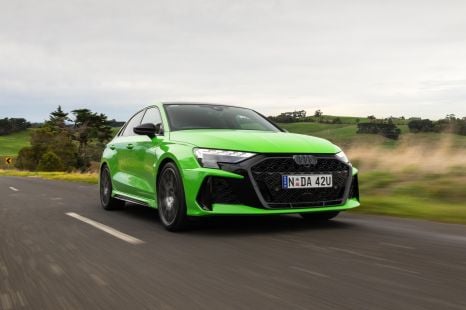

Josh Nevett
24 Hours Ago


Marton Pettendy
15 Hours Ago